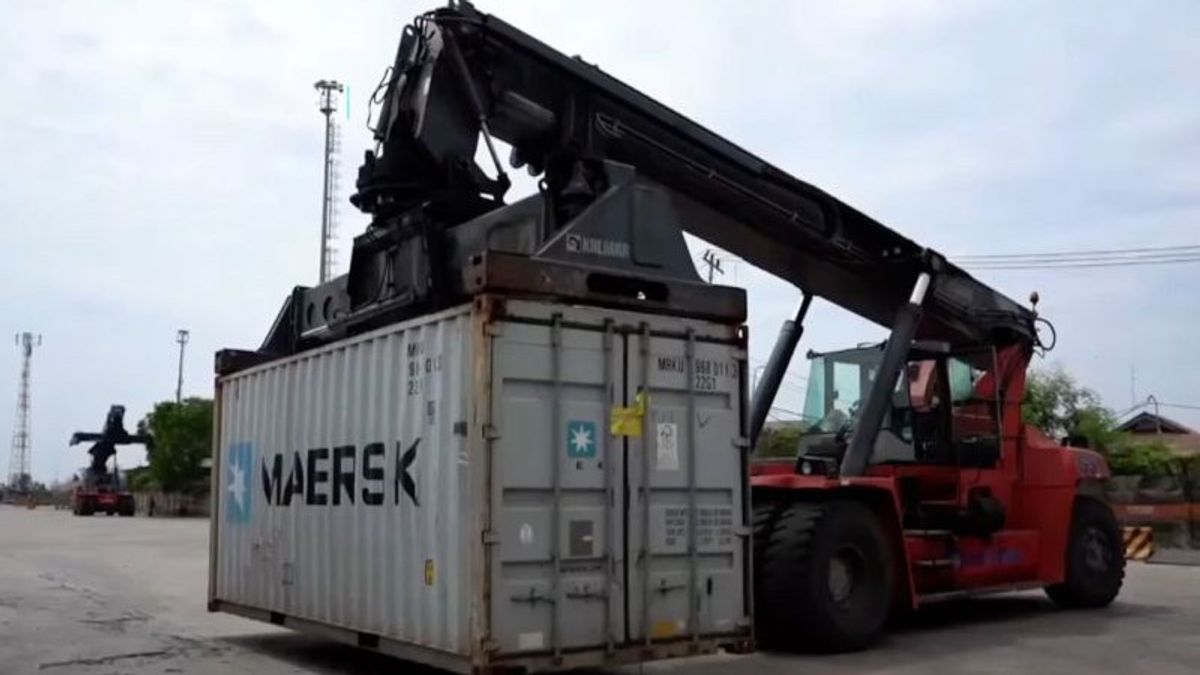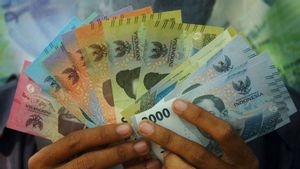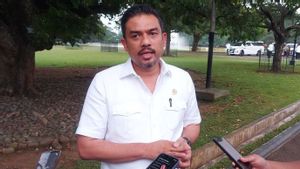JAKARTA - Executive Director of the Indonesia Mining Association Hendra Sinadia has opened his voice regarding the Export Result Foreign Exchange (DHE) policy that is required by the government.
Just so you know, the government continues to encourage optimization of the use of natural resources (SDA) and the acceleration of downstream natural resources that must be used for the greatest prosperity of the people.
One of the efforts made is to determine PP Number 36 of 2023 concerning Foreign Exchange Export Results from Business Activities, Management and/or Natural Resources Processing (PP DHE SDA), as a revision of Government Regulation Number 1 of 2019.
Hendra said that actually business actors support government policies because the DHE policy is a form of contribution from business actors to the state, such as the Domestic Market Obligation (DMO) policy that has previously been implemented by the government.
However, Hendra said, this DMO policy had an impact on the company's ability to manage cash flow or cash flow.
The reason is that coal companies often have difficulty getting funding.
"In fact, fewer and fewer domestic banking companies are being funded so that cash reserves obtained from profit margins are crucial for companies to continue their operating activities or invest," Hendra said in the Mining Zone quoted on Tuesday, May 7.
He added, especially in the midst of the issue of energy transition echoed by the government, coal companies are at the forefront and often receive attention.
Coal companies that want to invest in clean energy require large funds and are sourced from strong company treasury, while on the other hand, the company is hit by DHE's obligation to require coal companies to store at least 30 percent of DHE in national banking.
Apart from DHE, coal companies will also face other policies such as the government which will soon form a Management Agency Partner (MIP).
"So the company is now constrained by 30 percent of DHE, but the company has fulfilled this obligation, but if later the MIP regulation is implemented it becomes a challenge because cash flow has been disrupted then we also have to pay the coal compensation fund tariff," explained Hendra.
SEE ALSO:
This, according to him, is a company to manage the company's cash flows, both large and small scale companies, especially large-scale companies, are required to invest in the clean energy sector.
"For small-scale companies it is very challenging but large-scale companies are also challenging because we are required to invest in clean energy," he concluded.
The English, Chinese, Japanese, Arabic, and French versions are automatically generated by the AI. So there may still be inaccuracies in translating, please always see Indonesian as our main language. (system supported by DigitalSiber.id)
















